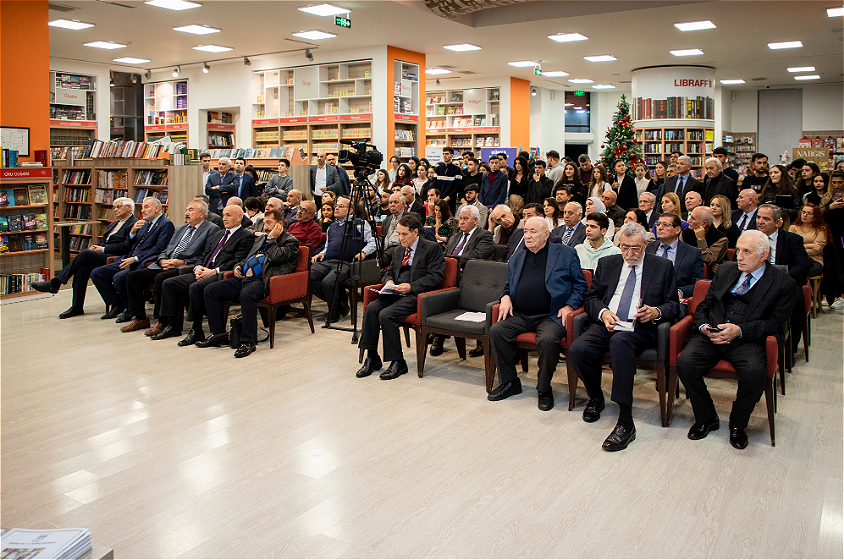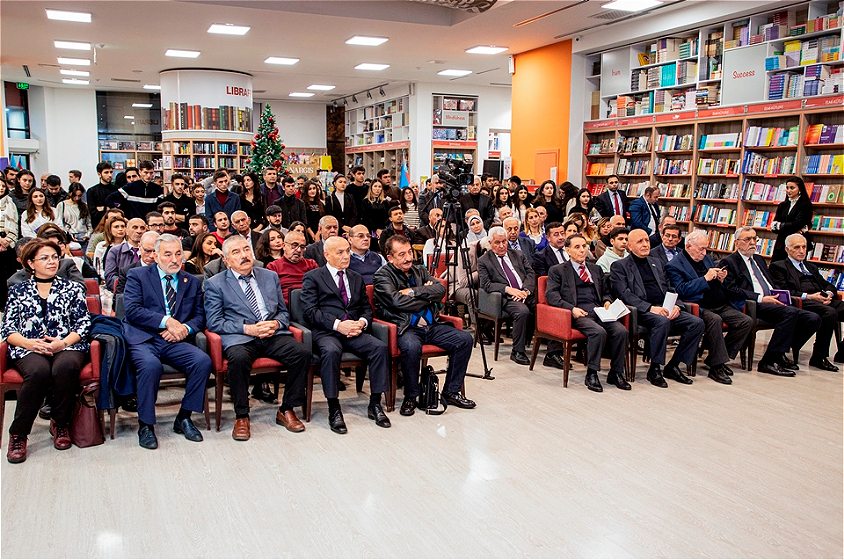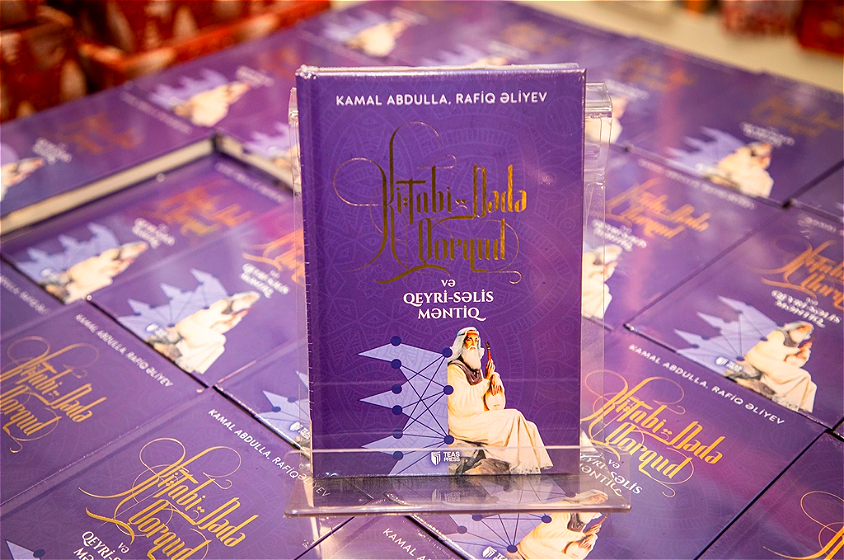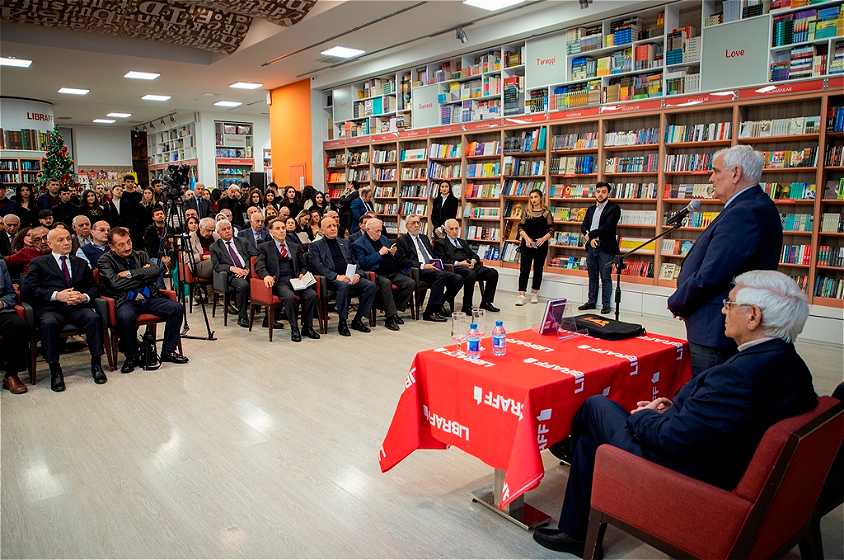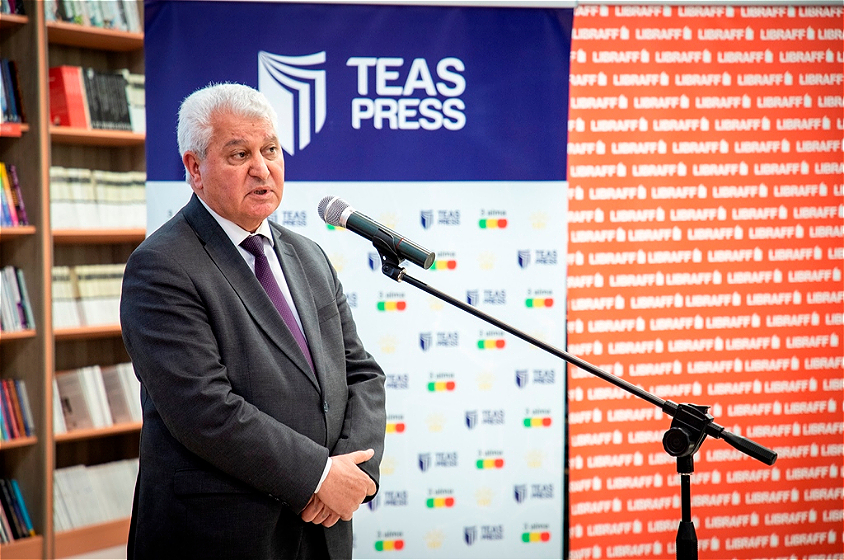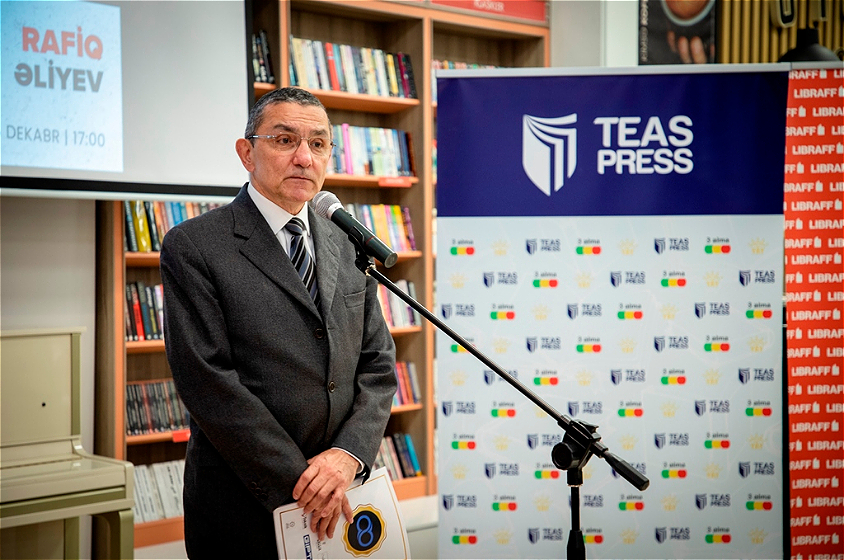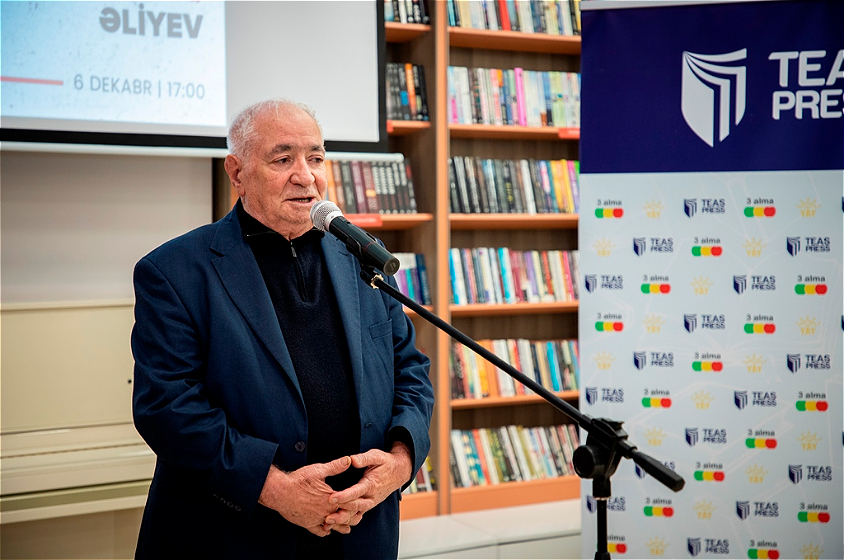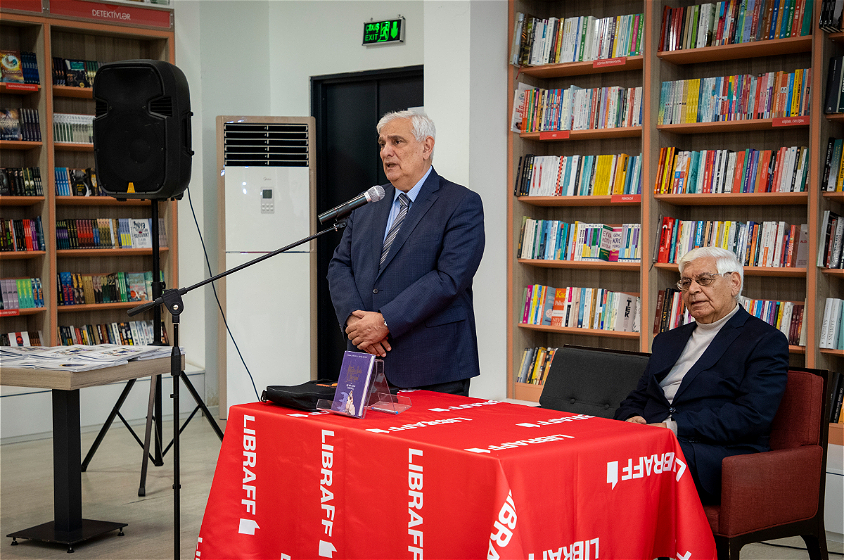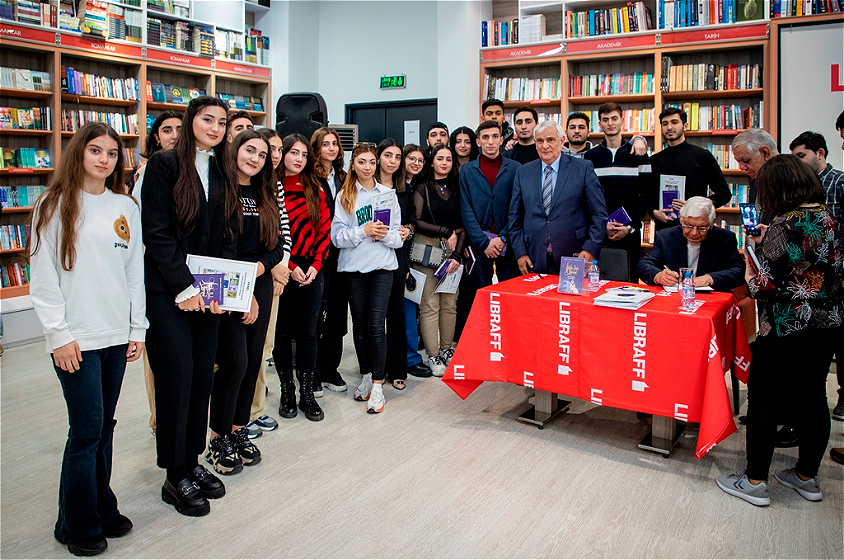The day of book signing «Kitabi-Dede Korkud and fuzzy logic»
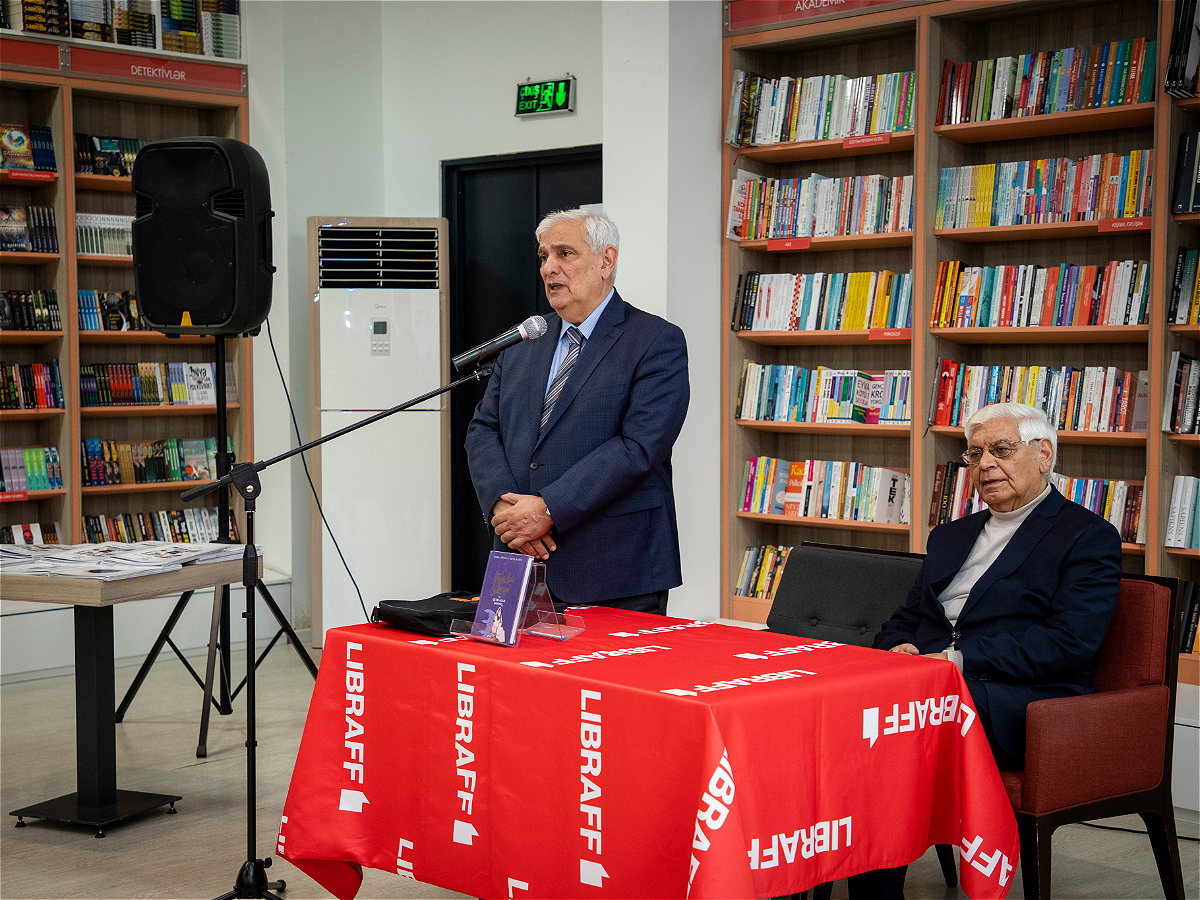
December 6, the day of signing the book «Kitabi-Dede Korkud and fuzzy logic», dedicated to the memory of the creator of the theory of fuzzy logic, world-famous Azerbaijani scientist Lutfi Zade took place in the branch of the bookstore chain LIBRAFF (Academy Park).
The event was attended by writers, public figures and readers.
The authors of the book, folk writer, academician Kamal Abdulla and corresponding member of ANAS, professor Rafik Aliyev told about the reasons for writing the publication, about the deep layers hidden in the thinking of our ancestors in Kitabi-Dada Korkud, about the wealth of mysticism, magic and philosophical thought.
It was noted that the book, based on Lutfi Zadeh’s theory of logic, mentions four pillars in fuzzy logic theory - the common logical pillar, the fuzzy set pillar, the epistemic (epistemological) pillar and the relationship pillar, spelled: In its linguistic space, the ancient epic of the Turks, Kitabi-Dede Korkud, devotes a lot of space to the principles of fuzzy logic. The way of thinking, hidden deep in this ancient epoch, leads to the formation of specific logical schemes associated with the four pillars of fuzzy logic. It turns out that in our epos quite extensive linguistic material on fuzzy logic. This, in turn, shows that our ancient ancestors preferred a broader and deeper approach in their world view. The approach to the choice becomes his preference». They could benefit from these principles because of their broad outlook and interest in exploring the depth and complexity of the issue.
The speakers at the event said that the book will be useful and interesting for both gorgud-study specialists and information theorists. Because the principles of fuzzy logic are first applied in popular creativity, epic. The text of the epic shows that the possibility of choice and the democratic approach, which is the leading worldview principle of fuzzy logic, in other words, tolerance, are an eternal value inherent in our people since ancient times. Our ancestors learned to think democratically, using the principles of fuzzy logic.
At the end of the event, the authors signed a book for readers.
